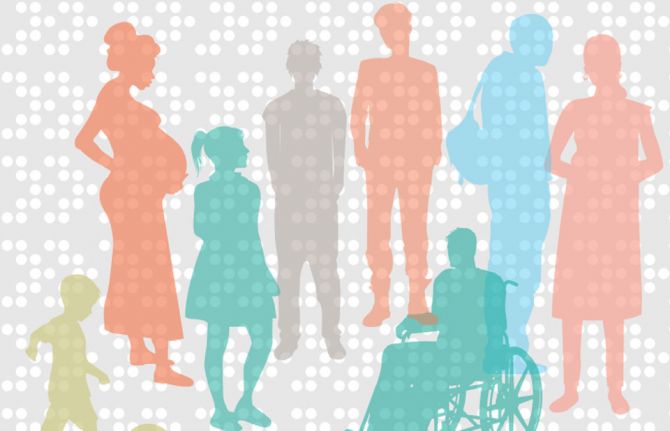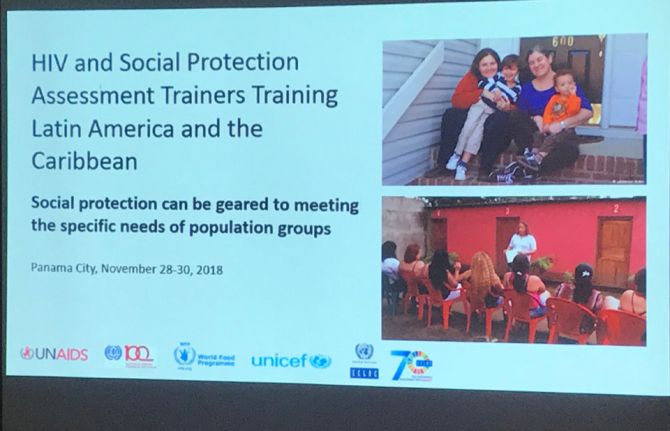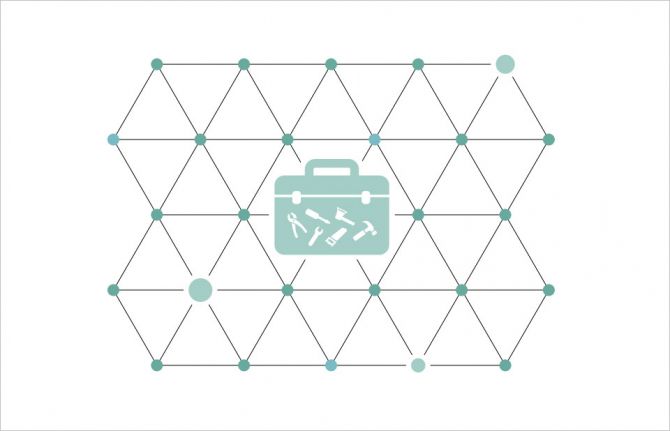



Update
Training trainers on HIV and social protection
29 November 2018
29 November 2018 29 November 2018To better support countries in Latin America and the Caribbean to Fast-Track their HIV and social protection programmes, UNAIDS and partners are training senior government and civil society representatives, including people living with HIV, from 14 countries in the region on the HIV and Social Protection Assessment Tool.
The training will train trainers, who will in turn train national stakeholders to undertake HIV and social protection assessments. Those HIV and social protection assessments will generate information that will assist countries to improve their ability to connect the AIDS response to social protection programmes and other programmes for alleviating poverty and exclusion.
In the Latin America and Caribbean region, HIV continues to seriously affect key populations, including transgender people and gay men and other men who have sex with men. The epidemic in the region is exacerbated by stigma and discrimination, unemployment, gender-based violence, limited access to quality education, health and social services, food insecurity and poverty. HIV-sensitive social protection helps to address stigma and discrimination and meet the multiple needs of people living with and affected by HIV in order to enhance their ability to access HIV and health services.
All 14 countries in the Latin America and Caribbean region reviewed in a 2018 rapid assessment of the status of HIV-sensitive social protection commissioned by UNAIDS have a social protection scheme that includes vulnerable people. However, only Argentina, Brazil, Guatemala and Peru explicitly include key populations.
The training of trainers is taking place in Panama from 28 to 30 November.
Quotes
“We must strengthen the functioning of social protection programmes to better reach everyone, including key populations.”
“We must build the capacity of civil society and individuals to claim their rights to social protection and hold duty-bearers accountable for providing quality services.”
“To retain the integrity of social protection as a state responsibility towards all people, we must base social protection benefits in national statutes and laws.”


